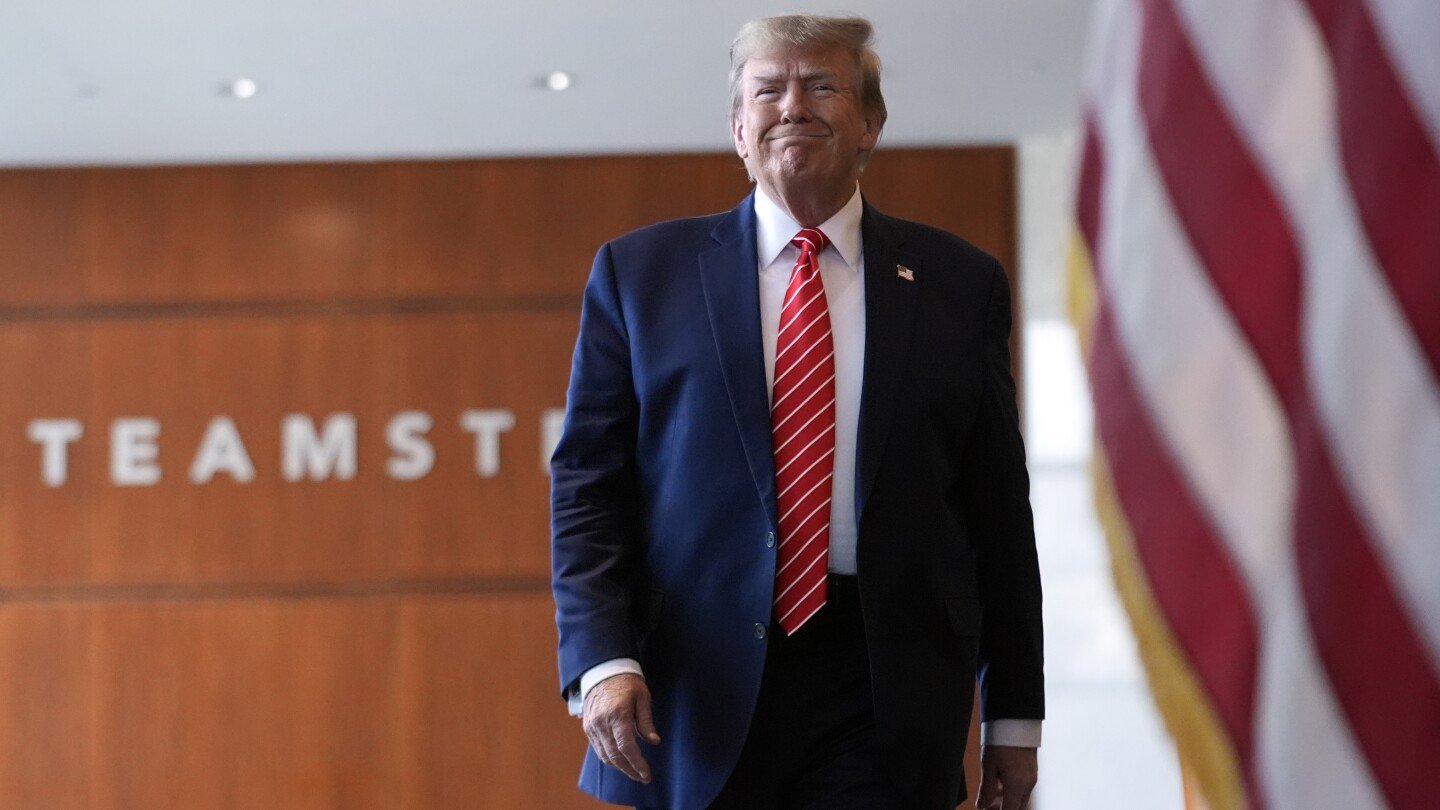In arguments Thursday, the justices will, for the first time, wrestle with a constitutional provision that was adopted after the Civil War to prevent former officeholders who “engaged in insurrection” from reclaiming power.
The case is the court’s most direct involvement in a presidential election since Bush v. Gore, a decision delivered a quarter-century ago that effectively delivered the 2000 election to Republican George W. Bush. It comes to a court that has been buffeted by criticism over ethics, which led the justices to adopt their first code of conduct in November, and at a time when public approval of the court is diminished, at near-record lows in surveys.
The dispute stems from the push by Republican and independent voters in Colorado to kick Trump off the state’s Republican primary ballot because of his efforts to overturn his 2020 election loss to Democrat Joe Biden, culminating in the Jan. 6, 2021, attack on the U.S. Capitol.



The 14th Amendment, Section 3, was written to prohibit anyone who participated on the losing side of the Civil War from holding office. None of those prohibited were convicted of insurrection. This is very much like the age requirement for the President. It’s a qualification - must not have committed insurrection or given comfort to those who did. You might argue that Trump himself did not directly participate, but he’s certainly given plenty of comfort to those who did, with promises of a Presidential pardon.
As a qualification, it requires no judicial intervention unless challenged. Trump is free to challenge the grounds on which he is disqualified from the ballot, but being convicted for insurrection is not a requirement. These were things discussed during the ratification of the 14th, as was whether the amendment applied to the President (it does). I guess we’ll see just how principled the “originalist” conservative judges are.